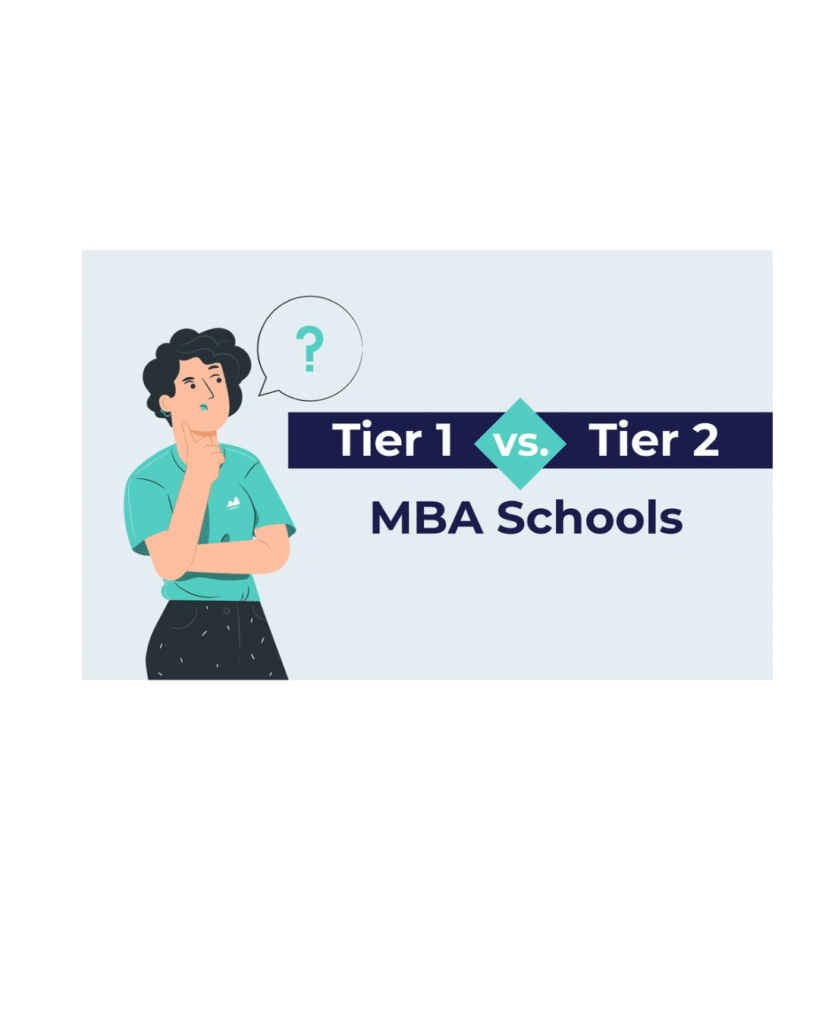When it comes to pursuing an MBA, one question pops up in almost every aspirant’s mind: “Do I need work experience to get into a top B-school?” The doubt is natural—after all, in countries like the US and UK, work experience is almost a prerequisite for MBA admissions. Many applicants abroad spend 2–4 years in the corporate world before they even think about applying.
But in India, the landscape is a bit different. The Common Admission Test (CAT) opens the door to prestigious institutes like the IIMs, FMS Delhi, SPJIMR, and many others. And here’s the good news: work experience is not mandatory to pursue a 2-year MBA program in India.
Every year, thousands of fresh graduates secure admission into top management institutes. At the same time, candidates with 1–3 years of experience also find themselves at an advantage during interviews. So where does this leave you? Should you jump straight into an MBA after graduation, or wait to build some professional exposure?
This blog breaks down the role of work experience in MBA admissions, explains how IIMs evaluate it, and helps you decide whether it’s better to apply as a fresher or after a few years of work.
1. The Straight Answer: No, Work Experience Isn’t Mandatory
In India, freshers are very much eligible for MBA programs. Prestigious institutions like the IIMs, FMS, and XLRI continue to admit a sizeable portion of students directly after graduation.
For example:
-
IIM Ahmedabad (2024 batch): 28% freshers
-
IIM Bangalore (2024 batch): 15% freshers
This clearly shows that B-schools want a diverse class mix—some students straight out of college, some with 1–3 years of work, and others with longer professional experience.
2. What Counts as MBA Work Experience?
While freshers are welcome, many aspirants with prior work experience apply as well. But not every role qualifies as “work experience” in MBA applications.
Counts as Work Experience:
-
Full-time salaried jobs undertaken after graduation.
-
Paid, professional roles where you take on independent responsibilities.
Doesn’t Count:
-
Internships (before or after graduation).
-
Articleships linked to professional courses (like CA).
-
Part-time jobs, freelance gigs, or fellowships.
-
Work done during your degree that isn’t full-time.
If you are self-employed or involved in a family business, you’ll need documentation (like GST registration, IT returns, client invoices, or audited accounts) to validate your professional exposure.
3. How Do IIMs Evaluate Work Experience?
Work experience is one of the factors in the IIM admission process, but its weightage varies from institute to institute.
Snapshot of Work Experience Points:
| IIM | Points for Work Experience | Peak Range for Maximum Points |
|---|---|---|
| IIM A | 0–5 points | 12–36 months |
| IIM B | 0–10 points | 1–36 months |
| IIM C | 0–8 points | 6–36 months |
| IIM L | 0–10 points | 6–24 months |
Key takeaway: Most IIMs reward candidates who fall in the 1–3 years of experience bracket. Beyond 3 years, additional experience usually doesn’t add more weight to your score.
4. Should You Apply as a Fresher or with Experience?
This is where many aspirants get stuck. The decision depends largely on your career goals, maturity level, and readiness for CAT.

As a Fresher:
-
Advantage: You’re still in the “study mode,” making it easier to prepare for CAT.
-
Disadvantage: You may lack practical exposure, which can make answering interview questions about corporate life slightly harder.
With 1–3 Years of Work Experience:
-
Advantage: You can showcase professional maturity, real-world examples, and better clarity of goals during interviews.
-
Disadvantage: Juggling CAT prep with a job can be tough, and if you wait too long (say, 5+ years), the 2-year MBA might not feel like the best fit—you may lean towards Executive MBAs instead.
Rule of thumb: If you’re graduating in 2025 and are motivated to prepare, don’t hold back. If you’re already employed, weigh whether your job adds value to your MBA journey and decide accordingly.
5. The Real Impact of Work Experience on MBA Admissions
Here’s the truth: Work experience won’t make or break your admission chances.
-
A fresher with excellent academics, high CAT percentile, and strong communication can easily make it to IIMs.
-
A candidate with average academics but 2 years of quality work experience can still stand out by connecting professional learnings to management aspirations.
In other words, it’s not just about having experience—it’s about how you frame it in your application and interviews.
6. India vs. Abroad: How the Norms Differ
Globally, top MBA programs in the US and Europe expect applicants to have 2–5 years of professional work before applying.
In India, the scenario is more flexible:
-
2-year MBA programs (IIMs, XLRI, SPJIMR, etc.): Open to both freshers and working professionals.
-
1-year Executive MBAs (ISB PGP, IIM PGPX, IIM EPGP, etc.): Require at least 4–5 years of professional experience.
-
Blended programs (like IIM Lucknow’s bMBA): Designed for mid-career professionals who want flexibility.
So while freshers dominate the 2-year MBA, experienced candidates find better fits in specialized formats.
7. Final Thoughts and Actionable Takeaways
-
Work experience is not mandatory for MBA admissions in India.
-
1–3 years of experience is the sweet spot if you choose to work before applying.
-
Freshers have equal opportunities, provided they show strong academic ability, CAT scores, and clarity of goals.
-
Mid-career professionals should consider executive or blended MBA programs instead of the traditional 2-year format.
At the end of the day, admissions committees don’t just look at your resume—they look at your potential as a future leader. Whether fresher or experienced, your task is to build a compelling story that connects your past achievements with your future aspirations.
Frequently Asked Questions (FAQ)
Q1: Is work experience mandatory for MBA in India?
No. Work experience is not mandatory. Many top B-schools like IIMs, FMS, and XLRI admit fresh graduates every year.
Q2: Does internship experience count as work experience for MBA admissions?
No. Internships, articleships, and part-time jobs are not considered valid work experience. Only full-time, post-graduation employment counts.
Q3: What is the ideal work experience for IIM admissions?
Most IIMs reward candidates with 1–3 years of work experience. Beyond this, extra years may not add much weight to your application.
Q4: Should I quit my job to prepare for CAT?
Not necessarily. Many working professionals successfully prepare for CAT alongside their jobs. Quitting should be a last resort if your job is too demanding.
Q5: Can freshers crack IIM interviews without work experience?
Yes. Freshers regularly make it to top IIMs. Strong academics, a high CAT percentile, and clear goals can make up for the lack of work experience.
Planning to take CAT 2025? Click on this for complete guide


